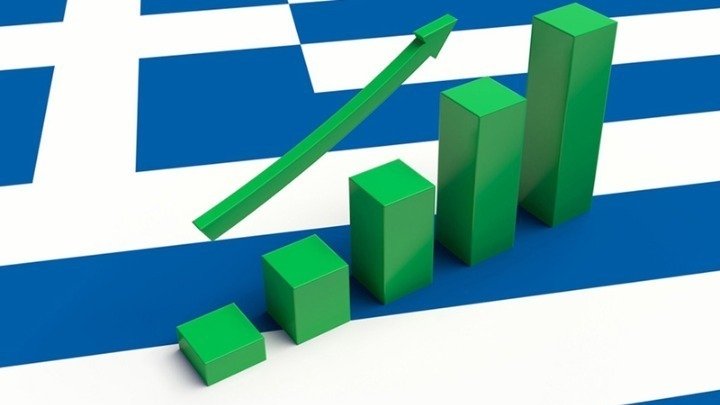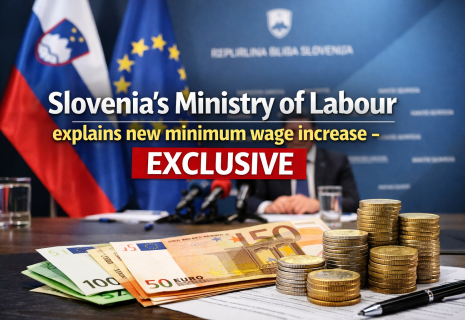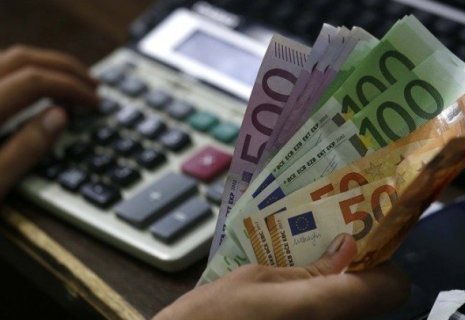
Greece’s Economy: GDP Growth and Inflation Projections for 2024-2027
Greece’s GDP is projected to grow by 2.3% in 2024, accelerate to 2.5% in 2025, and then gradually decrease to 2.3% in 2026 and 2.0% in 2027, according to the Bank of Greece (BoG), CE Report quotes Athens-Macedonian
Economic growth will primarily be driven by consumption, with investment and exports also making positive contributions. However, the net impact of the external sector on GDP is expected to be slightly negative due to increased imports fueled by strong domestic demand and investment.
Inflation is forecasted to decline to 3.0% in 2024 from 4.2% in 2023, mainly due to easing food prices. By 2026, inflation is expected to approach the ECB’s target of 2%, though it may remain slightly above, with services inflation being more persistent due to rising labor costs. Core inflation is anticipated to drop to 3.5% in 2024 and 3.1% in 2025, reflecting a slowdown in non-energy industrial goods price increases.
























